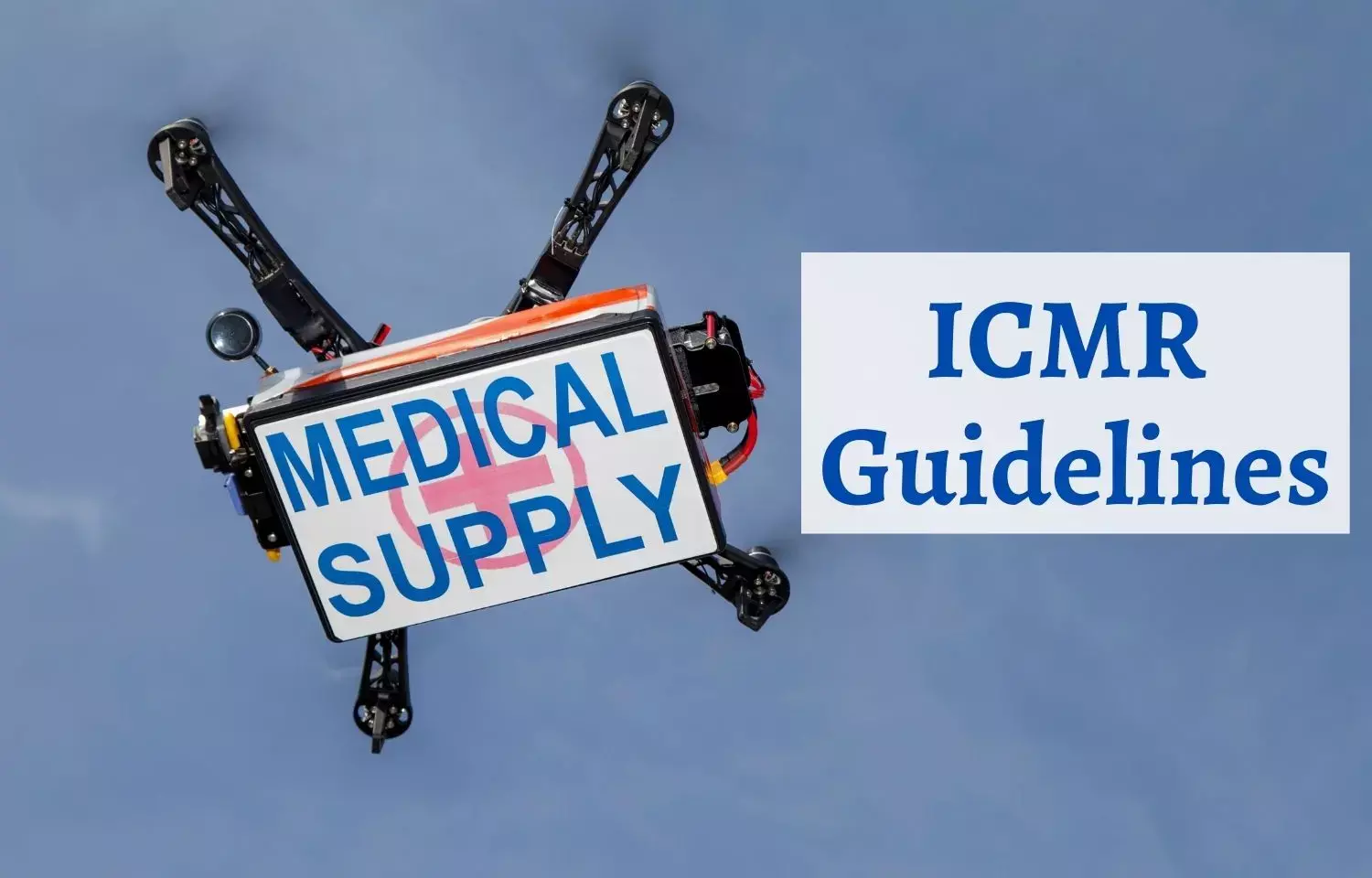- Home
- Medical news & Guidelines
- Anesthesiology
- Cardiology and CTVS
- Critical Care
- Dentistry
- Dermatology
- Diabetes and Endocrinology
- ENT
- Gastroenterology
- Medicine
- Nephrology
- Neurology
- Obstretics-Gynaecology
- Oncology
- Ophthalmology
- Orthopaedics
- Pediatrics-Neonatology
- Psychiatry
- Pulmonology
- Radiology
- Surgery
- Urology
- Laboratory Medicine
- Diet
- Nursing
- Paramedical
- Physiotherapy
- Health news
- Fact Check
- Bone Health Fact Check
- Brain Health Fact Check
- Cancer Related Fact Check
- Child Care Fact Check
- Dental and oral health fact check
- Diabetes and metabolic health fact check
- Diet and Nutrition Fact Check
- Eye and ENT Care Fact Check
- Fitness fact check
- Gut health fact check
- Heart health fact check
- Kidney health fact check
- Medical education fact check
- Men's health fact check
- Respiratory fact check
- Skin and hair care fact check
- Vaccine and Immunization fact check
- Women's health fact check
- AYUSH
- State News
- Andaman and Nicobar Islands
- Andhra Pradesh
- Arunachal Pradesh
- Assam
- Bihar
- Chandigarh
- Chattisgarh
- Dadra and Nagar Haveli
- Daman and Diu
- Delhi
- Goa
- Gujarat
- Haryana
- Himachal Pradesh
- Jammu & Kashmir
- Jharkhand
- Karnataka
- Kerala
- Ladakh
- Lakshadweep
- Madhya Pradesh
- Maharashtra
- Manipur
- Meghalaya
- Mizoram
- Nagaland
- Odisha
- Puducherry
- Punjab
- Rajasthan
- Sikkim
- Tamil Nadu
- Telangana
- Tripura
- Uttar Pradesh
- Uttrakhand
- West Bengal
- Medical Education
- Industry
ICMR releases guidelines for drone use in healthcare

The scientists from ICMR collaborated with the Ministry of Civil Aviation (MoCA), the Government of India, the Directorate General of Civil Aviation (DGCA), Airport Authority of India (AAI) to produce this document in compliance with the New Drone Rules-2021 which highlights the ways of selecting drones, choosing takeoffs and landing sites etc.
New Delhi: The apex medical research body, the Indian Council of Medical Research (ICMR) has released a guidance document for use of drones in healthcare for medical supplies in far-flung areas.
The ICMR has come up with this document after using the drones for delivering Covid-19 vaccines in the northeastern states of Manipur and Nagaland.
As per the guidance document, the Covid-19 vaccines and serums with storage temperature between 2AoC and 8AoC, tablets and capsules, syrups in bottles, gloves, syringes, blood bags, diagnostic biological tissues, urine, blood, sputum, saliva or frozen specimens can only be transported by drone.
Also Read:J&K: 2 Govt hospitals selected for ICMR's palliative care project
"As a nation with 1.3 billion, we have faced several challenges in upgrading our healthcare system. The Covid pandemic further added to this challenge but also gave us an opportunity to revisit some of the issues and fix them. With the advent of Covid-19 vaccines, ICMR envisaged the delivery of these vaccines to hard-to-reach-terrains in India. This guidance document will assist in understanding different nuances involved in planning and execution of drone-based delivery of medical supplies," Prof Dr Balram Bhargava, Director General of ICMR, has said in the foreword of the document.
The scientists from ICMR collaborated with the Ministry of Civil Aviation (MoCA), the Government of India, the Directorate General of Civil Aviation (DGCA), Airport Authority of India (AAI) to produce this document in compliance with the New Drone Rules-2021 which highlights the ways of selecting drones, choosing takeoffs and landing sites etc.
According to Dr Samiran Panda, principal investigator (i-Drone project) and also head of the epidemiology and infectious diseases ICMR, the document will help not only the states but also private agencies and NGOs in utilising air space for delivering medical supplies in far-flung areas, reports TNIE.
Further, he told, "One has to move quickly to deliver medical supplies to far-off areas or emergencies. But you cannot have a drone and fly it. You need to have preparedness and training and need necessary clearances. So ICMR, based on its initial pilot project with IIT-Kanpur and its field experience, developed this document,".
The document specifies that all UAVs before initiating flying activities have to register on the DigitalSky and after registering they will get a unique identification number.
The scope of this document covers areas such as how to obtain regulatory approvals from competent authorities for various kinds of drones and utilising air space for delivering medical supplies restricted to medicines, vaccines and surgical materials. It also underlines the ways of selecting suitable drone models and criteria for choosing take-off and landing points for drones.
Also Read:Trivitron Healthcare develops Real-Time PCR Kit for Monkeypox
Medical Dialogues Bureau consists of a team of passionate medical/scientific writers, led by doctors and healthcare researchers. Our team efforts to bring you updated and timely news about the important happenings of the medical and healthcare sector. Our editorial team can be reached at editorial@medicaldialogues.in.


